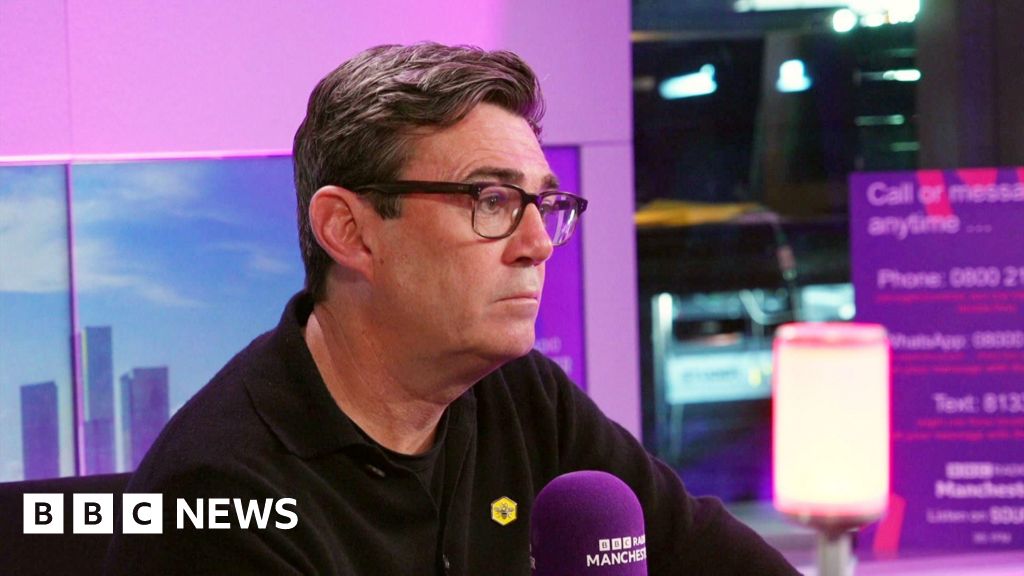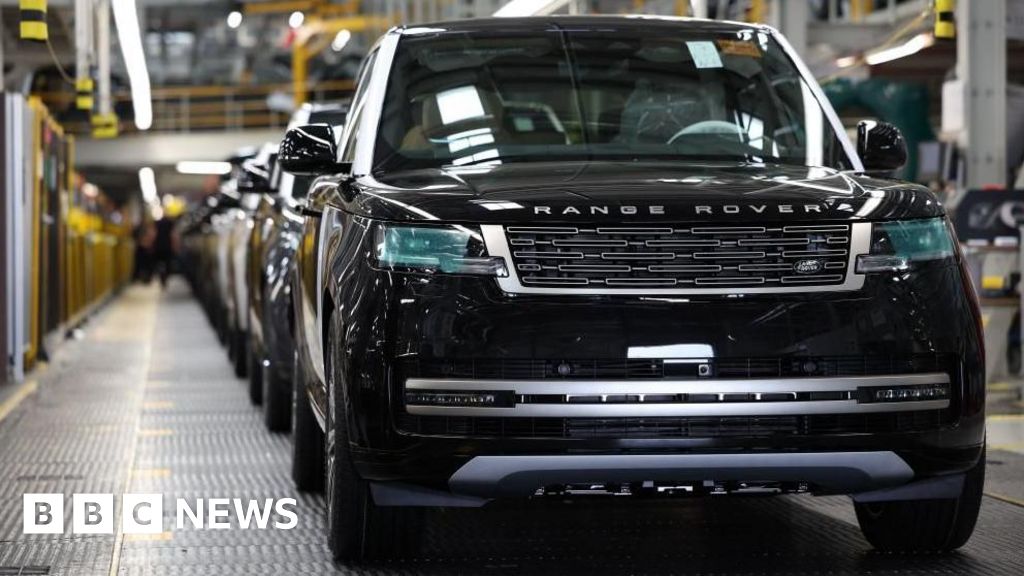Greater Manchester Mayor Andy Burnham has said it’s up to Labour MPs to decide whether the party needs a change of leadership, as he faced questions about his political ambitions.
He told the BBC he had given “honest” answers to questions about Labour MPs privately urging him to challenge Prime Minister Sir Keir Starmer.
The mayor said Labour MPs “were in touch with me” to discuss the leadership, but insisted he was not interested in a “personality contest”.
Burnham, who won a third term as Manchester mayor last May, said the Labour government needed a “proper plan for the country”, including one to beat Reform UK, and offered “to support the prime minister” in developing fresh policies.
Burnham is not an MP and would need to become one, by winning a by-election, and resign as mayor before he could even begin the process of trying to challenge Sir Keir as Labour leader.
But no by-elections have been called at the moment and there’s uncertainty over whether he would be selected as a candidate if the opportunity did arise.
Burnham answered questions about the rampant speculation over his future during a phone-in on BBC Radio Manchester on Thursday.
The appearance came after Burnham was asked about the prospect of him returning to Westminster and mounting a leadership challenge in an interview with the Daily Telegraph.
When asked if MPs had urged him to run for the top job, Burnham said: “People have contacted me throughout the summer – yeah.”
On BBC Radio Manchester, Burnham was asked whether a bid for the leadership would be the biggest gamble of his political career.
In reply, he said: “Whenever Westminster has gone into a moment I’ve somehow been drawn into it.”
He added: “People have been getting in touch with me. And obviously I’ve said to them, it’s not a matter for me.
“This is ultimately a matter for the party in Westminster to decide. I’m here to support the party in whatever way I can.”
Earlier Steve Reed, the housing secretary, said Burnham was entitled “to make his case” but pointed out he had previously promised to serve a full term as mayor.
Reed suggested Burnham had been taking “potshots” at the prime minister and dismissed discussion of the Labour Party’s leadership as “tittle tattle”.
The housing secretary said Sir Keir had “picked this party up off the floor and led us through a record general election victory”.
“Our job now is to talk to the country, not ourselves about how we’re going to change the things they care about,” Reed said.
Burnham’s critics have also pointed out Burnham, a former culture and health secretary, tried and failed twice to become Labour leader when he was an MP.
In previous leadership campaigns, Burnham lost out to Ed Miliband in 2010 and Jeremy Corbyn in 2015.
Burnham came fourth in 2010, and second in 2015, losing out by a wide margin to Corbyn, who won with almost 60% of the vote.
Burnham’s latest interview comes ahead of Labour’s autumn conference, and after Sir Keir faced pressure from some MPs following the resignation of his deputy Angela Rayner and his sacking of Peter Mandelson as the UK’s ambassador to the US.
There has been disquiet among Labour MPs over the government’s performance and the rise of Reform UK in national opinion polls.
The mayor also told the Telegraph that Number 10 had created a “climate of fear” among some MPs.
Setting out policies he said would “turn the country around”, Burnham called for higher council tax on expensive homes in London and the South East; £40bn of borrowing to build council houses; income tax cuts for lower earners; and a 50p rate for the highest-paid.
His comments in the Telegraph come after his interview with the New Statesman, which was seen as a pitch for a Labour leadership bid.
In that interview, he criticised the prime minister’s approach, saying there needed to be “wholesale change” to see off an “existential” threat to Labour.
Outlining his vision for the country, Burnham described his politics as “aspirational socialism”.
His main policy ideas involved more public control of housing, energy, water and rail.
One of Burnham’s most prominent policies as mayor of Greater Manchester was taking buses back into public control.
Burnham told the New Statesman he was ready to work with anybody with a “plan to turn the country around” – including the Liberal Democrats and Corbyn, who is in the proces of setting up a new left-wing party.
Labour MP Callum Anderson accused Burnham of “wishful thinking” on economic policy, for saying in his New Statesman interview the government has to “get beyond this thing of being in hock to the bond markets”.
Anderson, who is a parliamentary private secretary to the cabinet minister Liz Kendall, wrote on X: “To lead a Labour government – and a Labour Treasury – you can’t just dismiss the bond markets.
“Every pound spent on schools, hospitals and infrastructure depends on credibility with those who lend to the UK. Real change requires fiscal discipline, not wishful thinking.”












































